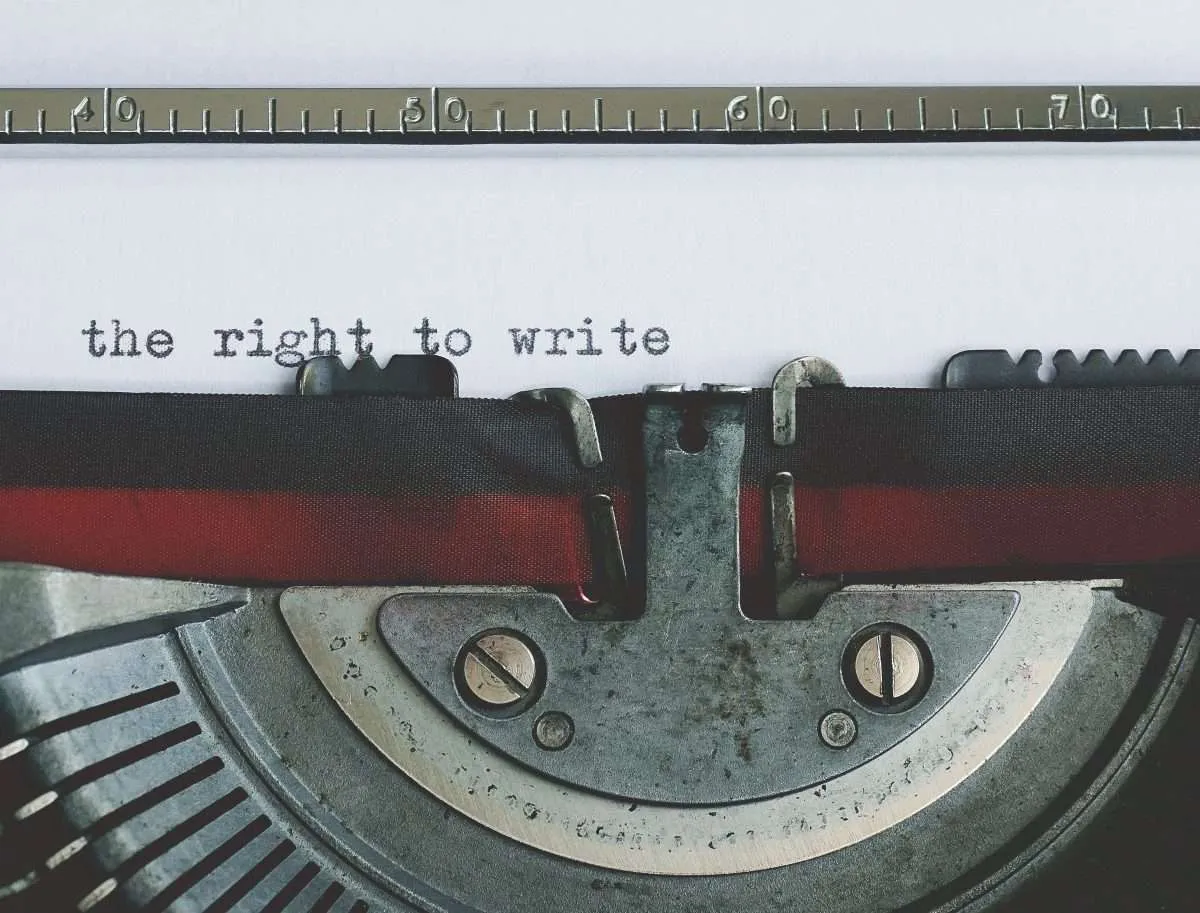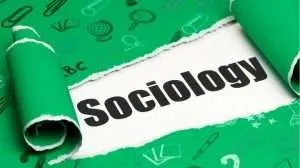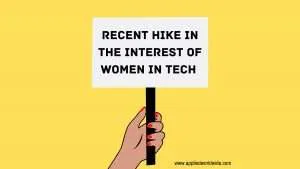When I originally signed up to get my Master’s of Sociology at Ball State University, it was a decision made out of a desire for progression. I had finished my Bachelor’s degree in 2016 as part of a remote ‘Classical’ Program with a BS in Social Science. But after that, finding some sort of chance to make my next move was hard. In choosing a ‘Great Books’ program, it meant I knew little of the tools used in the field of sociology, including data and survey tools. I did read lots of Karl Marx and Adam Smith and Max Weber. But even that was not a transferable skill set. So how sociology in journalism, useful?
Instead, my desires required that I do what I could to stand out. I’ve dreamed of writing and journalism, bringing a well-read and academically informed perspective to the complex topics of today. But doing so is difficult in a field that continues to diminish and overwork its professionals. And yes, that applies to both professors and journalists. So I decided that I needed to take a chance on stepping forward and pursuing better education.
Ball State University – Department of Sociology – Sociology in Journalism
I applied to Ball State and was immediately accepted. While some technical elements limited my ability to do things like graduate assistantships, I was quickly tossed in and offered the opportunity to contribute. I had five additional cohort members, with a few extra students lingering in other classes, depending on their academic needs or other focuses. We were all a bunch of white folks, but our goals were diverse and different. Some wanted to pursue academics, while others desired administrative opportunities. I was the only person who wished to take this degree into the media and the press.
Like most students, I spent my semester learning how to read surveys, apply the theories to real life, and use the tools available to the average sociologist. While my interest was more in conservative areas than my fellow students, I will admit it was an experience that was revelatory in many ways. I learned quite a lot through my year of education.
Graduate School During COVID-19 Pandemic
But the element that I think surprised me the most was how this year seems almost built to reinforce the notions and ideas for why we act and move in groups. The year 2020 has been chaotic. Between pandemics, political uncertainty, racial unrest, and economic inequality, the variables that define what life looks like are clearly at play in a way that I don’t think is comparable to past years.
Race Relations in the United States
For example, in the United States, we have seen a massive influx of conversations about race after the deaths of George Floyd. I’d done a select amount of reading about race in the past, primarily in religious and conservative ideologies. My theory class was the first real chance I had to read some of the earliest sociological thinkers on race, namely W.E.B DuBois.
The topic of race has undoubtedly grown in complexity since DuBois wrote about the Black man’s plight. The addition of ideas like critical race theory, intersectionality, and anti-racism can often feel quite overwhelming, especially when painted with a broad brush like the accusation of ‘Cultural Marxism.’
The Issue of Voting in the United States
In the same manner, polling is an essential element of the voting process, especially in a presidential primary like the 2020 elections. Which polls are reliable? What data should we turn to for reliability? My second semester provided these answers by way of a course on survey design. By getting a chance to do an academic-level survey project of my own, I was able to understand better and critique the way political polls work.
Final Thoughts on the Importance of Sociology in Journalism
With each passing day and each moving story, it becomes clearer how vast and influential sociology is and how imperative it is to apply it and explore it in detail. Doing so offers us the tools to grasp how and why we act the way we do. And sociologists have the closest tools for doing so.








